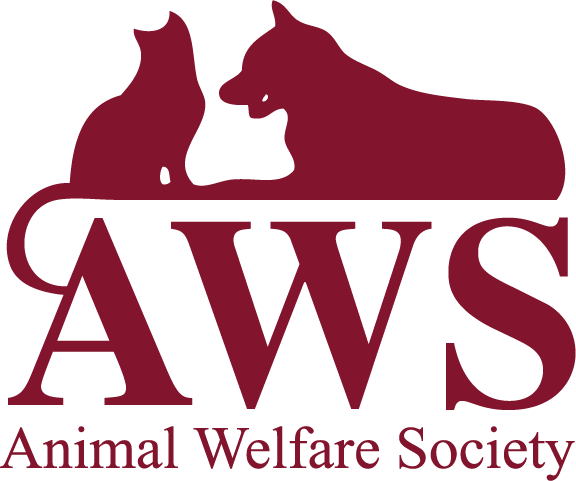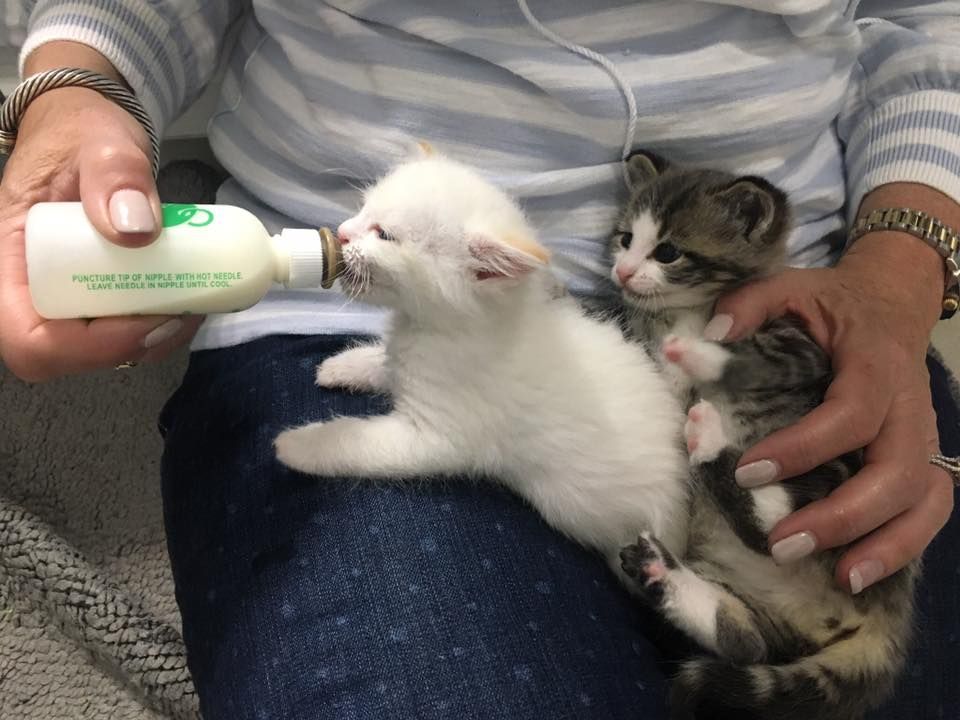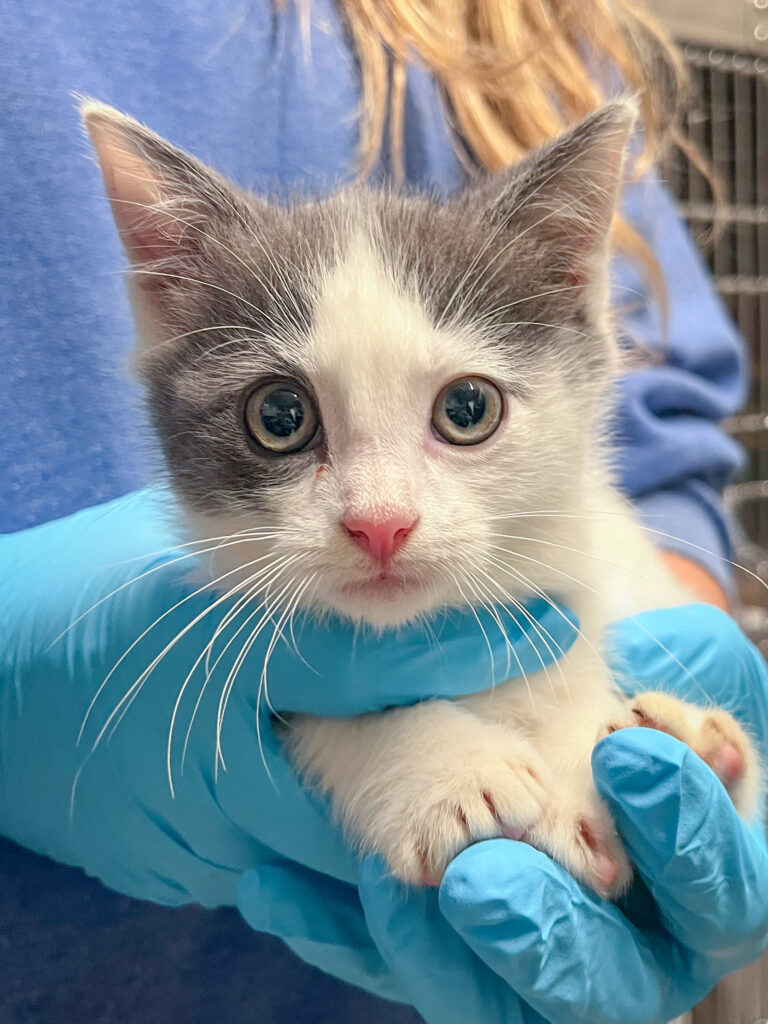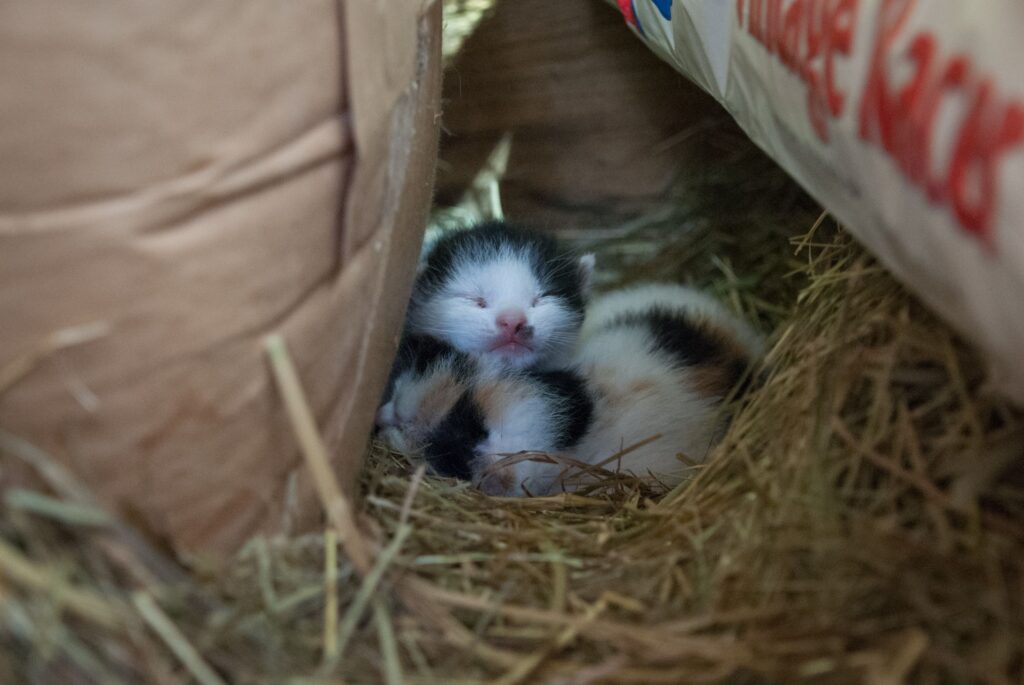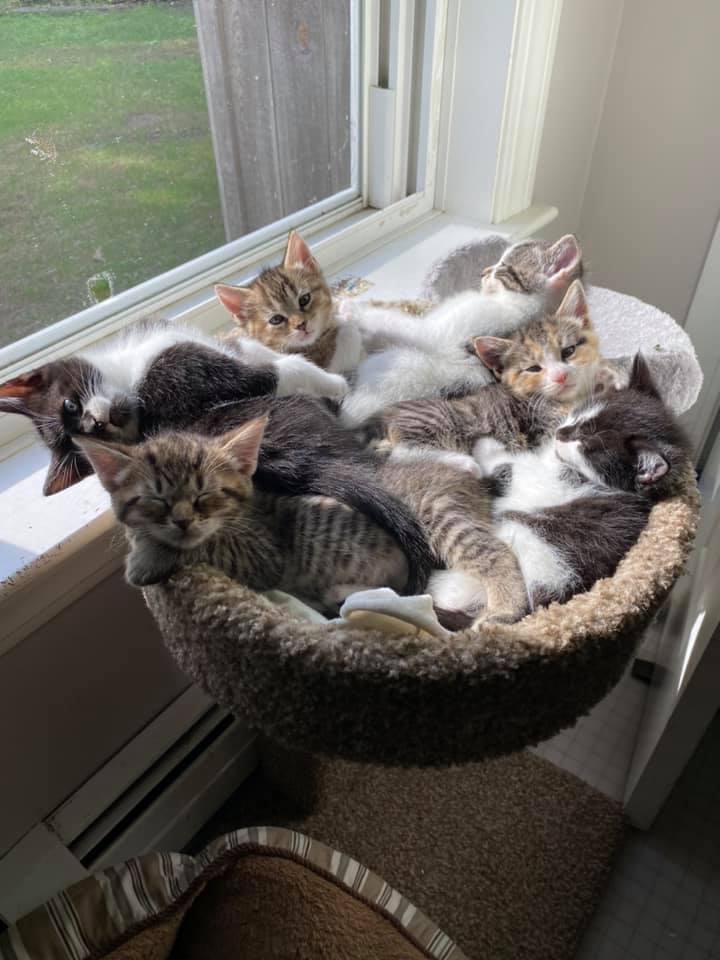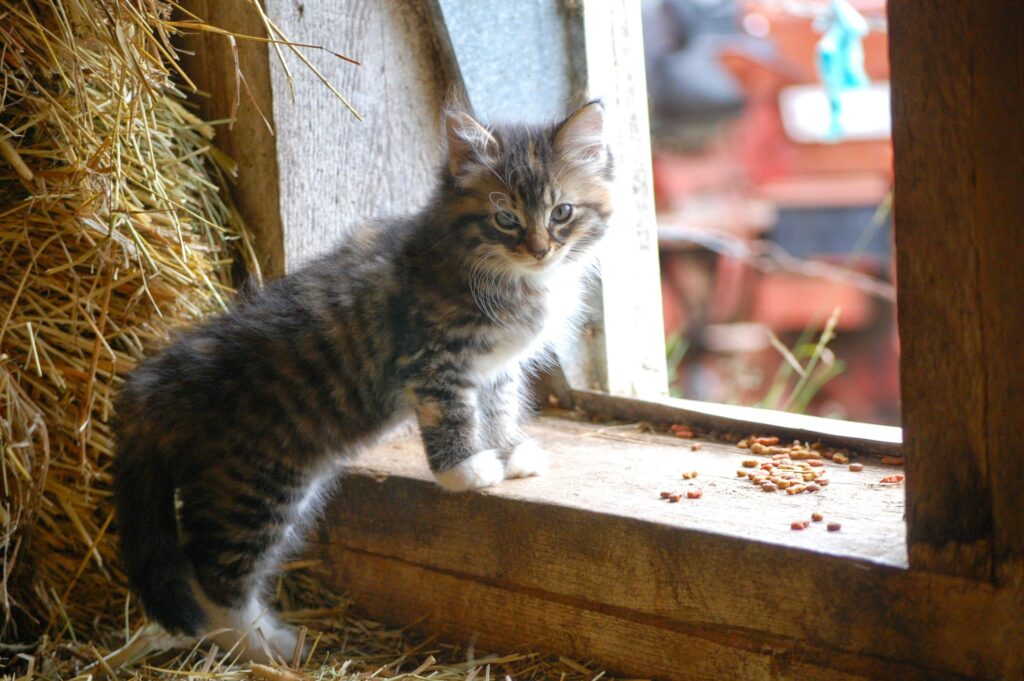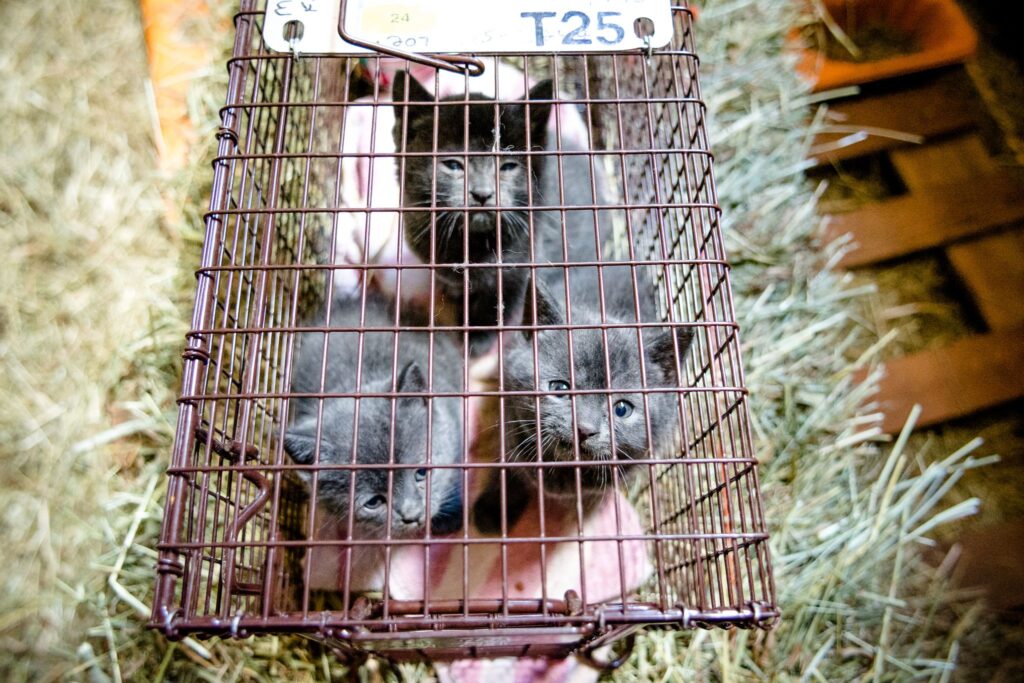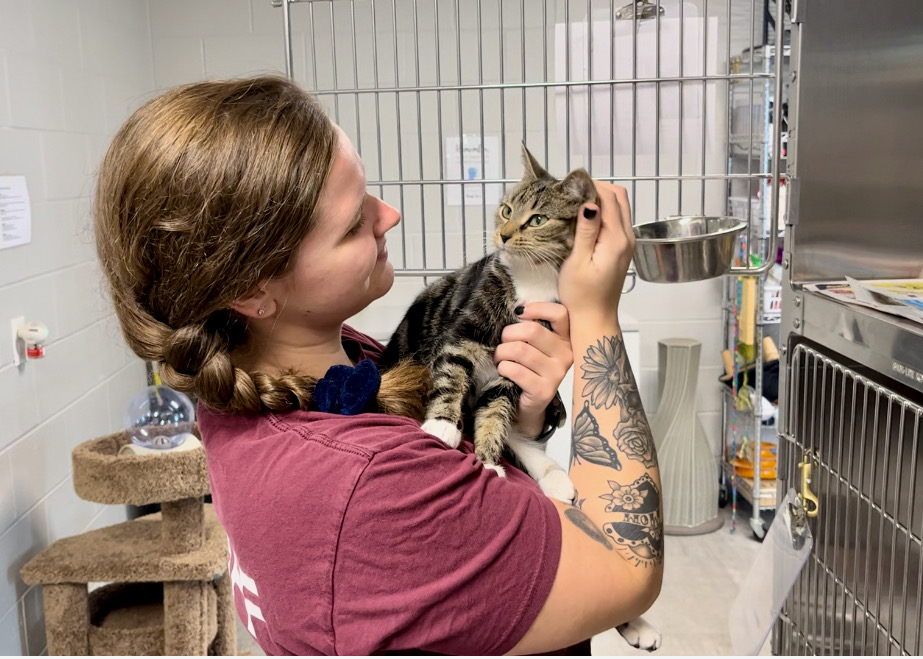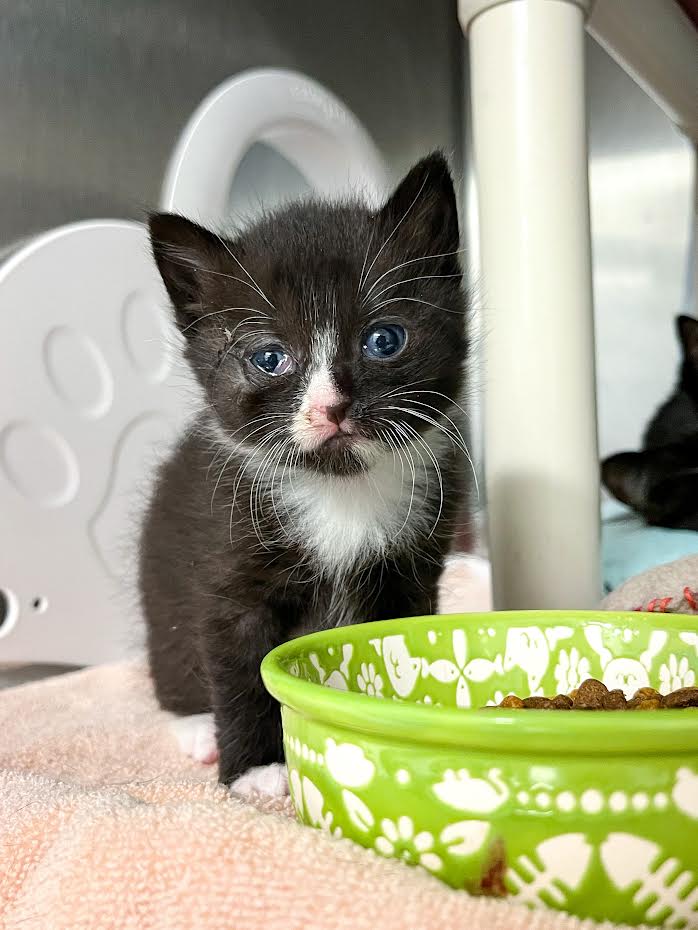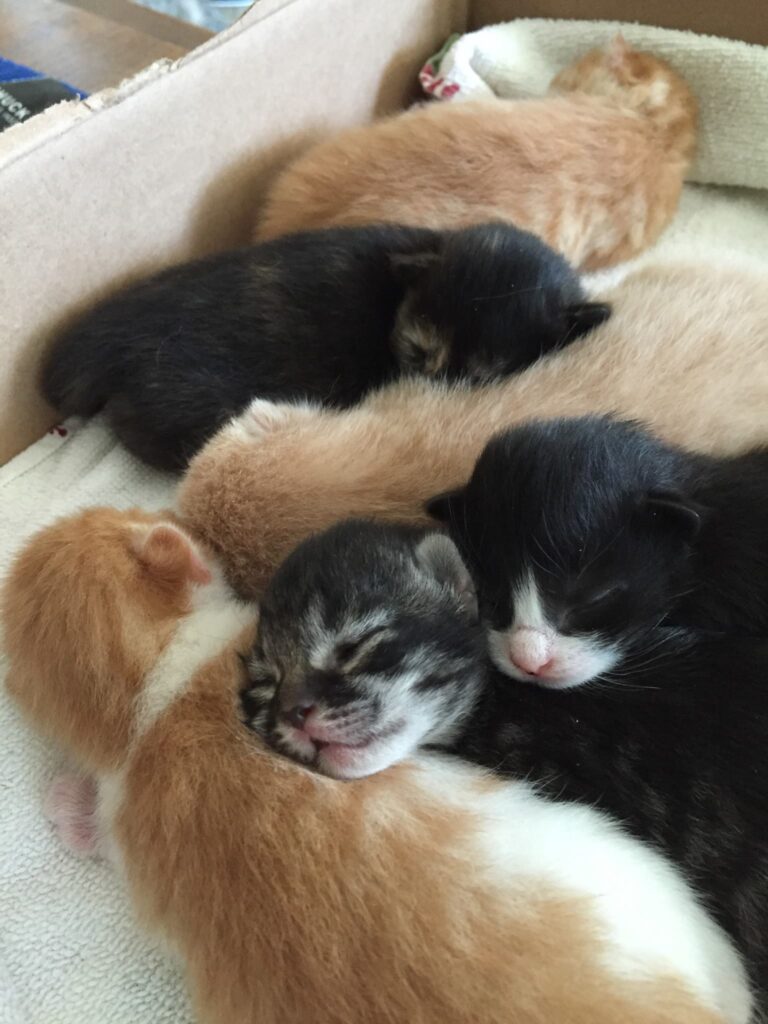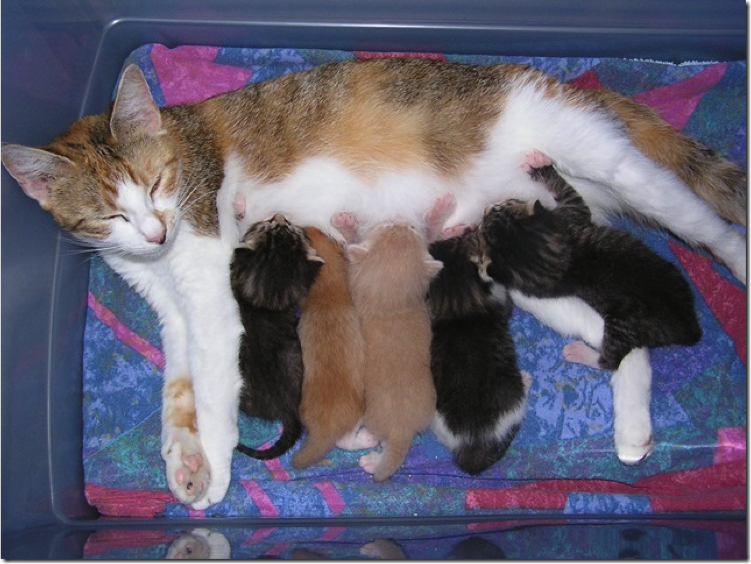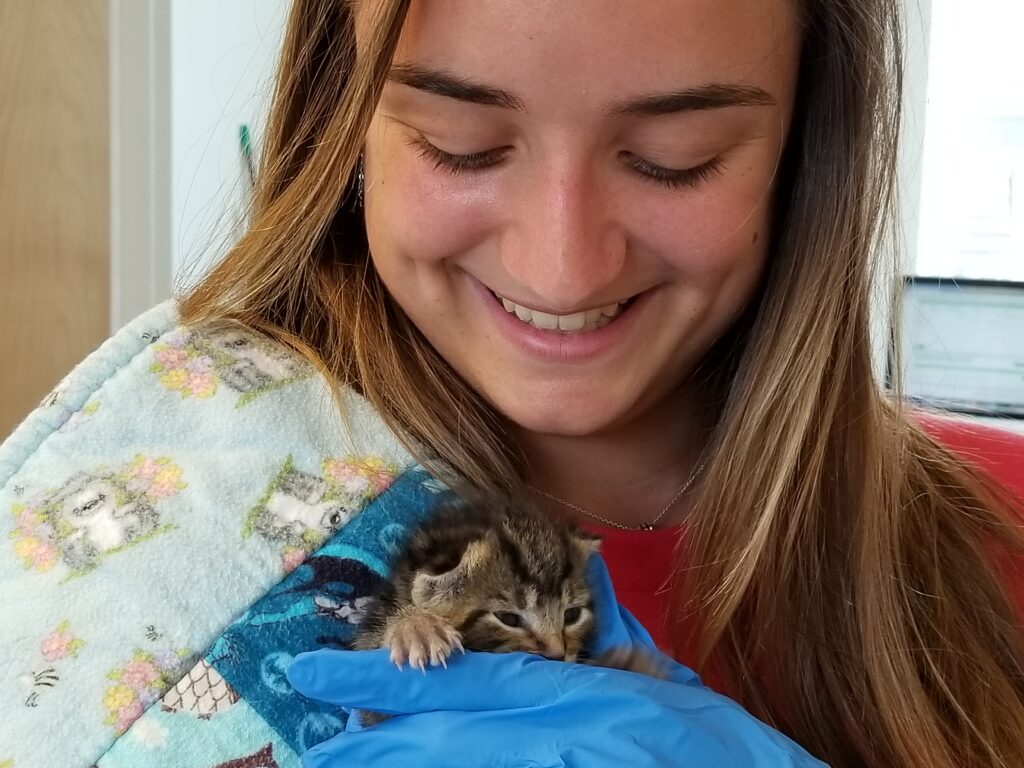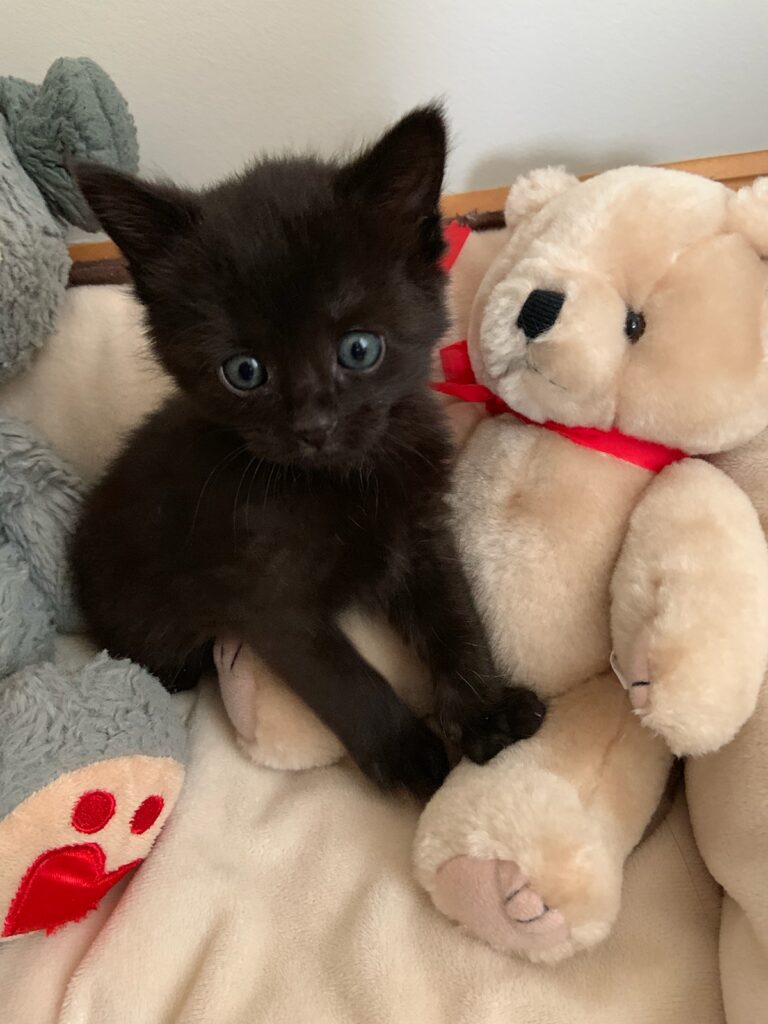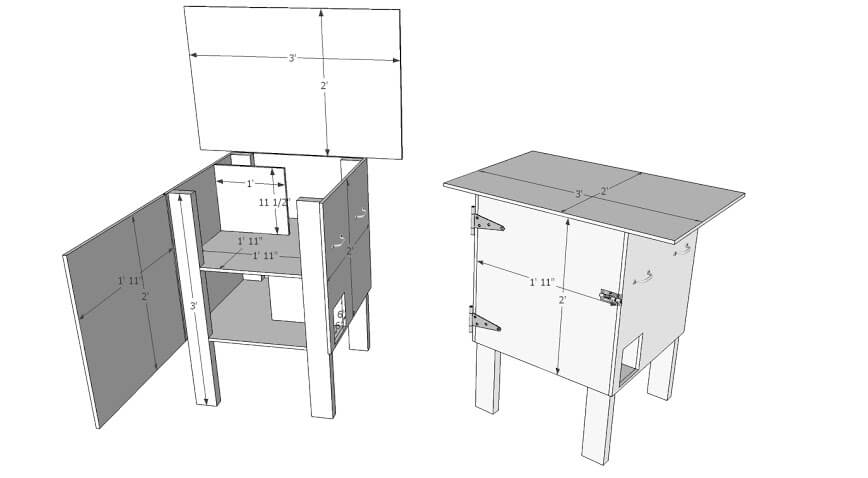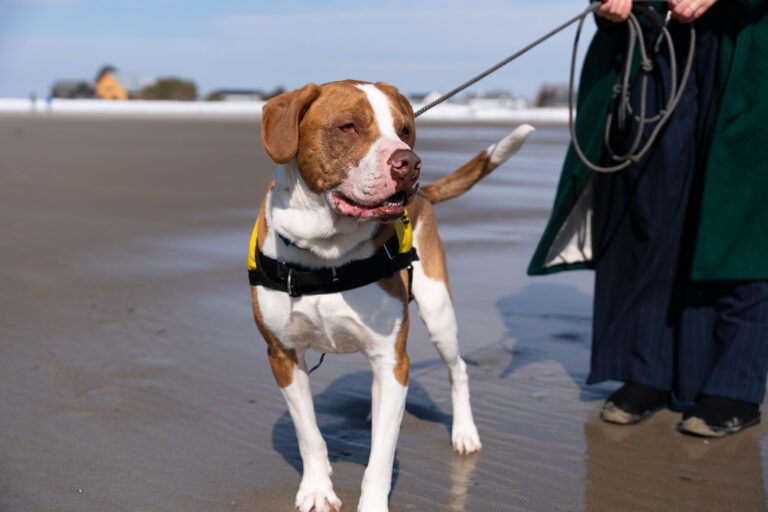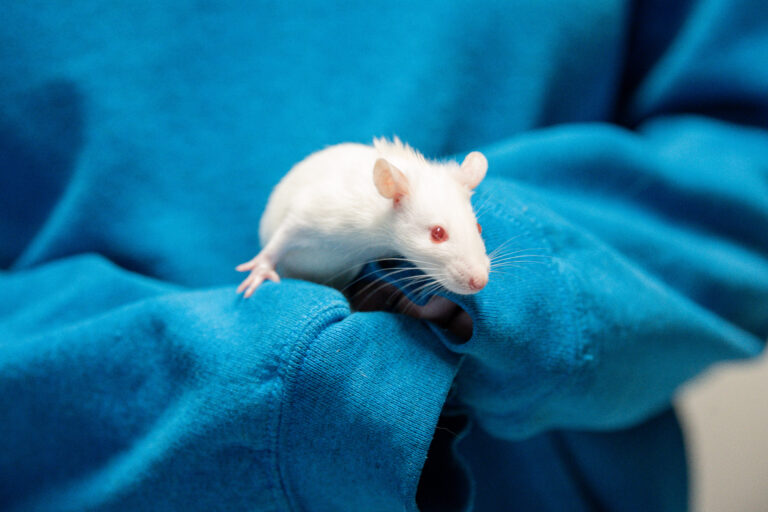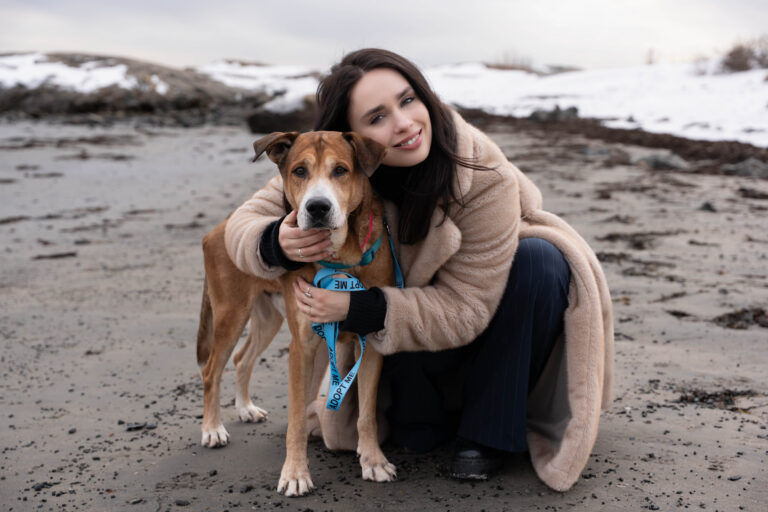National Feral Cat Day, part of Global Cat Day, takes place on October 16 each year. It is a day to advocate for and honor the role community cats, also known as feral cats, play in our world. Today, we showcase the resources we offer to those taking care of feral cats in their communities.
What are feral cats?
Feral cats received little to no socialization as kittens and thus do not feel comfortable around humans. Therefore, they do not have the demeanor to be house cats. They live outdoors, frequently in colonies with other feral cats, often in outbuildings, barns or small shelters provided by property owners.
Many feral cats rely on the kindness of human caretakers and community members to provide regular access to fresh food and water. In fact, one of the best ways a caretaker can support a feral cat is through trap-neuter-return (TNR). With TNR, the cat is safely and humanely trapped so that it can be altered and vaccinated before being returned to its colony. This reduces the number of offspring in the colony and makes the colony and its individual cats healthier and safer.
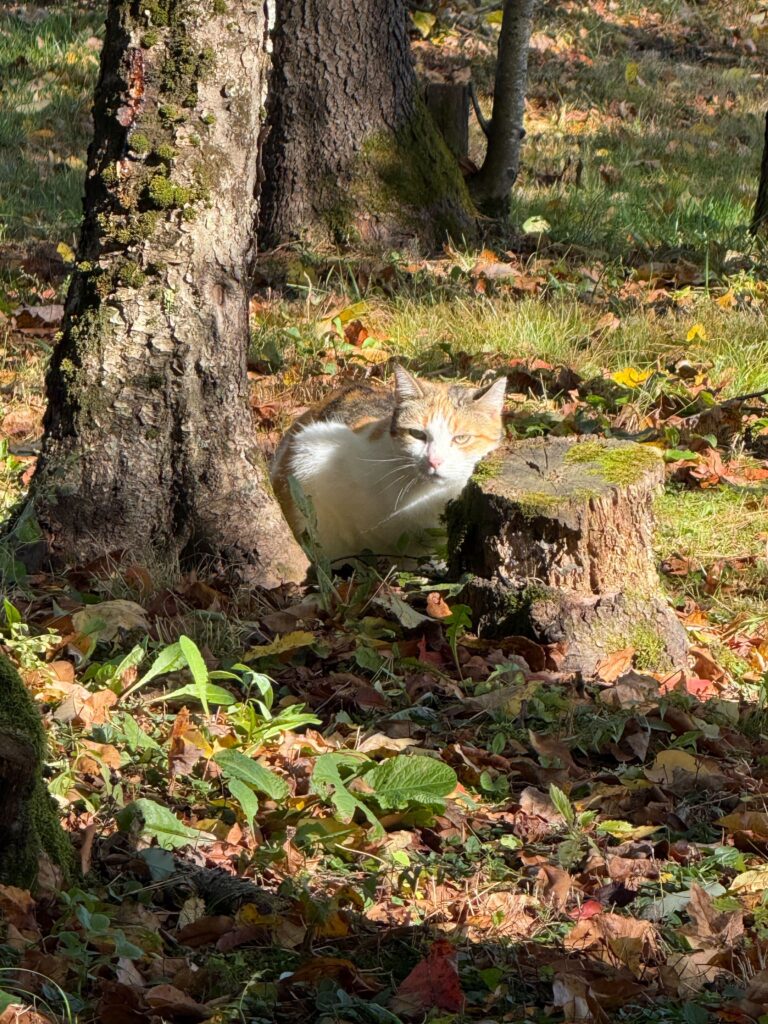
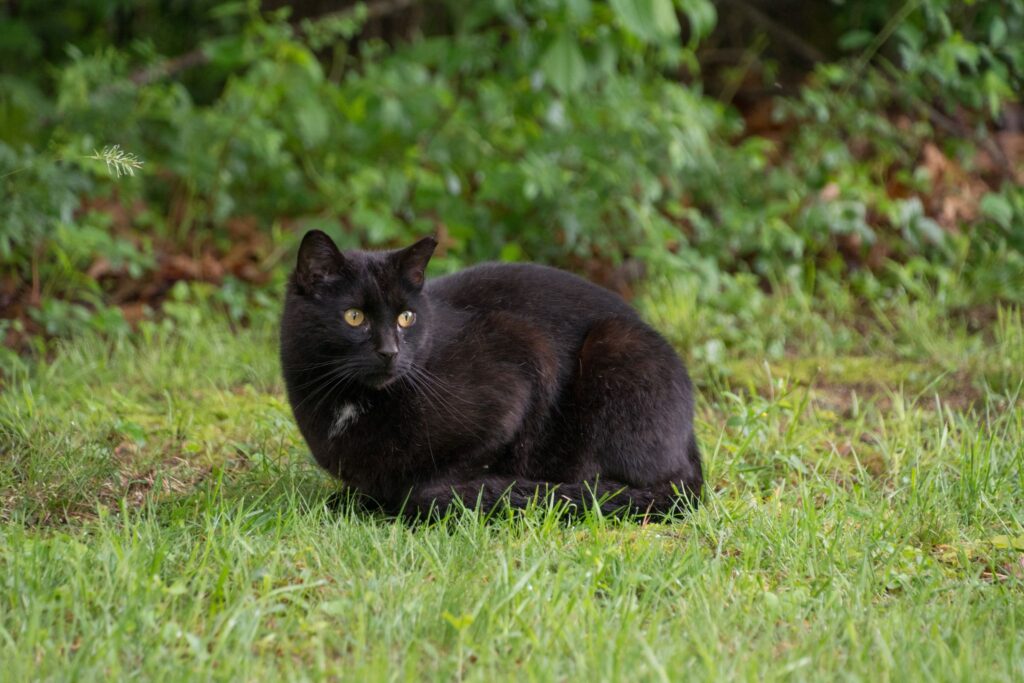
What resources does AWS offer those taking care of feral cats?
1. Spay/Neuter Surgeries for Trapped Feral Cats
AWS’ Community Veterinary Clinic offers the following services at no cost for feral and free roaming cats trapped in Maine:
- Sterilization surgery (including a small tattoo applied near the incision)
- Ear tip of the left ear – ear tipping is mandatory for cats receiving free services through this program. It is a universal symbol that indicates the cat has been spayed/neutered.
- Rabies vaccination and distemper vaccination
- Single dose of Revolution
2. Cat Trap Loans
Our humane trap loan program allows feral cat caretakers to borrow traps so that the cats can be brought to AWS for spay/neuter surgeries. We provide guidance on humane feral cat trapping techniques. Get more information.
3. Socialization for Kittens
In the case of feral kittens, if young enough, a litter may socialized in foster care, giving them the confidence and demeanor needed to become house cats. In these cases, kittens go up for adoption, rather than returning to their mother’s colony.
4. Outdoor Shelter Plans
Feral cat shelters provide a safe place for a cat or colony to take refuge. They can be a straw-lined sizable rubbermaid container with several portal to serve as doors, or they can be more elaborate, made of wood. Most importantly, they keep outdoor cats safe and warm especially in the winter months. Get the instructions.
